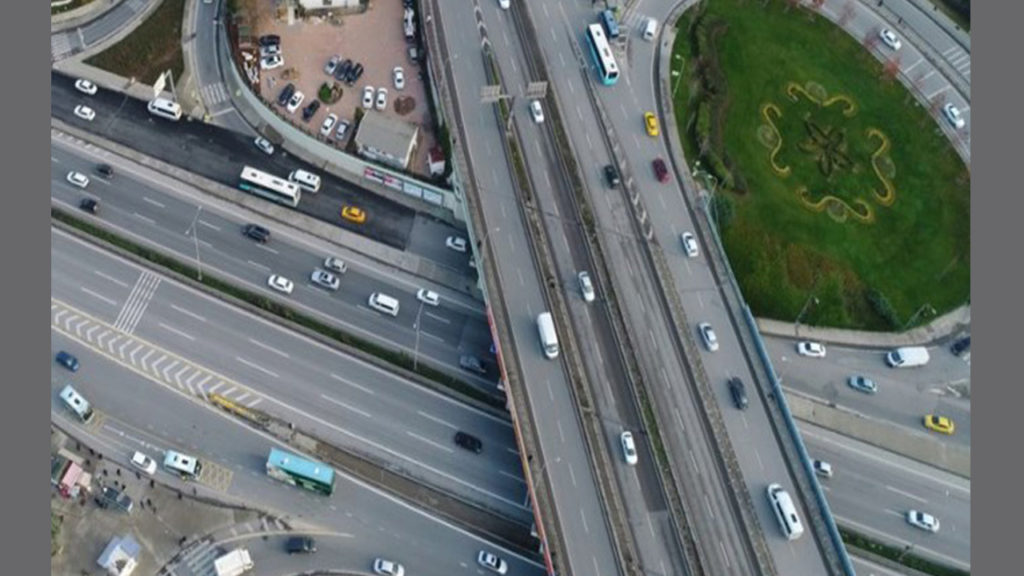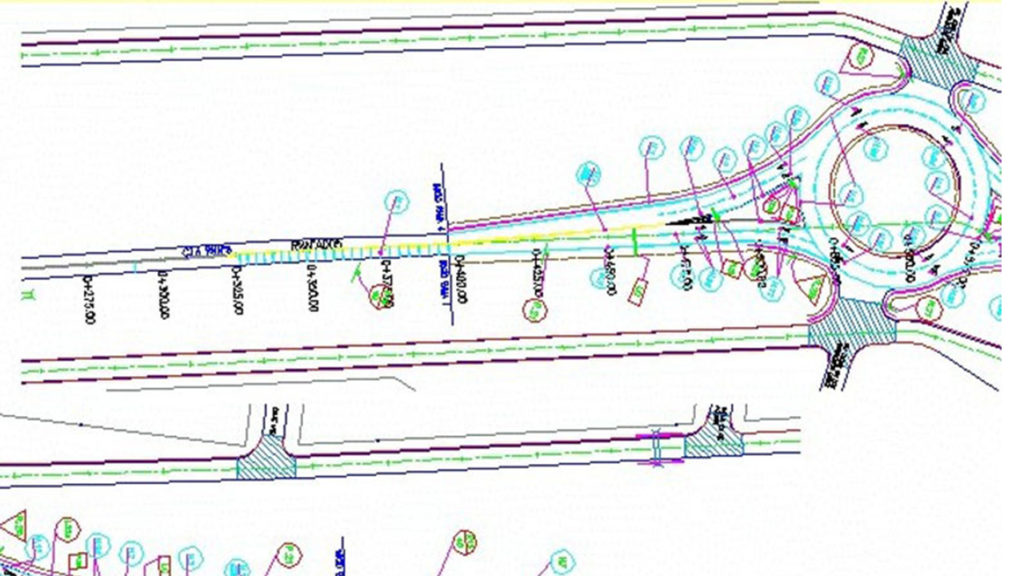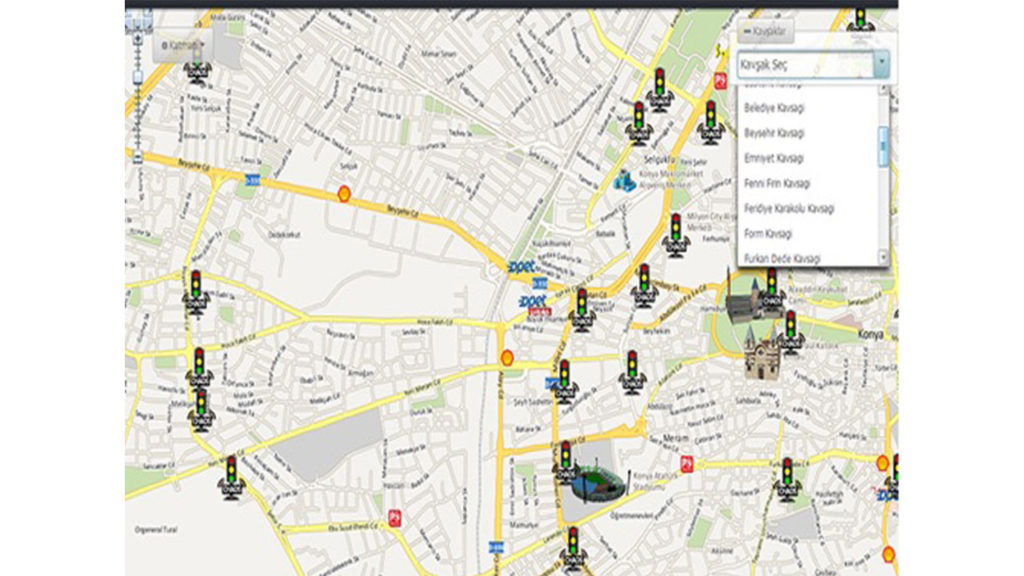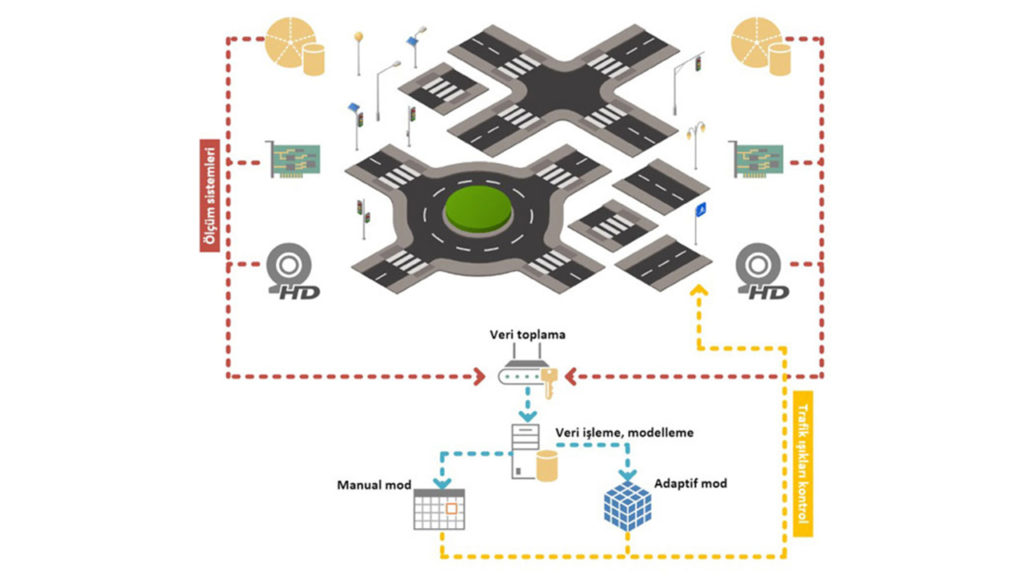
Smart City is defined as “More livable and sustainable cities that are implemented through inter-stakeholder collaboration, using new technologies and innovative approaches, justified based on data and expertise, and providing solutions that add value to life by anticipating future problems and needs”.
The need for cities to compete in a globally interconnected economy and to ensure the well-being of city-dwellers in a sustainably way, it directs the countries and cities to evaluate the new technology and innovative approaches. This motivation, the complexity and speed of change brought about by these technologies and approaches, forces ecosystem stakeholders who develop the traditional silo solutions, it reveals the need for holistic and systematic addressing of city solutions. To meet this need, The Smart City approach, which ensures that interoperable systems developed in cooperation with stakeholders, meet expectations and problems with future predictions based on data and expertise is the solution. With elucidating the goal of Smart City is:
- Apply the current and future expectations and problems to all places and systems of the city.
- To be able to handle physical, social and digital planning together,
- To anticipate, identify and meet the arises challenges in a systematic, agile and sustainable manner, identify and meet.
- Reveal the integrated service delivery and potential of production of innovation by providing interaction between organizational structures within the city.
Smart City does not describe a static approach for the future of cities. Rather, it focuses on the innovative use of technology and data, dealing with organizational change, more efficient for future cities, addressing guiding issues that can help deliver different dynamic city visions in effective and sustainable ways. In other words, it is aimed to transform the governance traditionally used by cities. The traditional governance model of a city is based on functionally oriented service providers, often working as vertical silos that are not built around user needs and cannot operate together. Smart Cities need to develop new operating models that promote innovation and collaboration among these vertical silos. In this case, the city-dwellers and the business world have to communicate with each silo separately instead of receiving an uninterrupted and connected service that meets their own needs. In addition to this, data and experience remain within these silos, this case limits the potential for cooperation and innovation across the city and the use of data and expertise to increase the city’s pace of change.
Smart City, which evaluates this potential, has come to the forefront as an approach that has gained importance in our country and in the world recently. Efforts in the Smart City area have gained momentum to create better-living spaces and to build cities that add value to life.
Resource: 2020-2023 International Smart Cities Strategy and Action Plan







